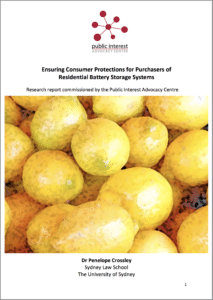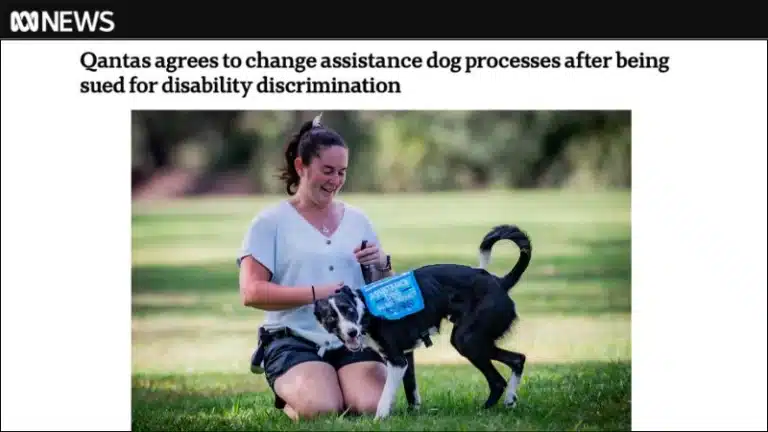
Dr Crossley’s research has revealed that a many residential battery storage systems commonly sold in Australia have warranties that breach Australian Consumer law.
The report analyses the warranties offered by 14 different manufacturers covering 31 residential battery storage systems that are available in the Australian market.
To help consumers do do their homework when selecting a system, Dr Crossley and PIAC have produced a fact sheet of the top things for consumers to look out for in a residential battery system warranty ‘Top things to check in a residential battery storage system warranty’
Some common problems identified with battery warranties included:
- Provisions for repair and replacement that incur a range of hidden costs for the consumer, including costs of removing and shipping the defective battery, and installing or reinstalling the repaired or replaced battery;
- Warranties that seek to limit maximum operating temperatures to levels below the mean daily temperature in some Australian cities;
- Warranties that commence at the date of manufacture, rather than the date of sale, which could be as much as 12 months prior to installation;
- Warranties that breach Australian Consumer Law and limit prospective damages claims to a maximum amount of the purchase price.


